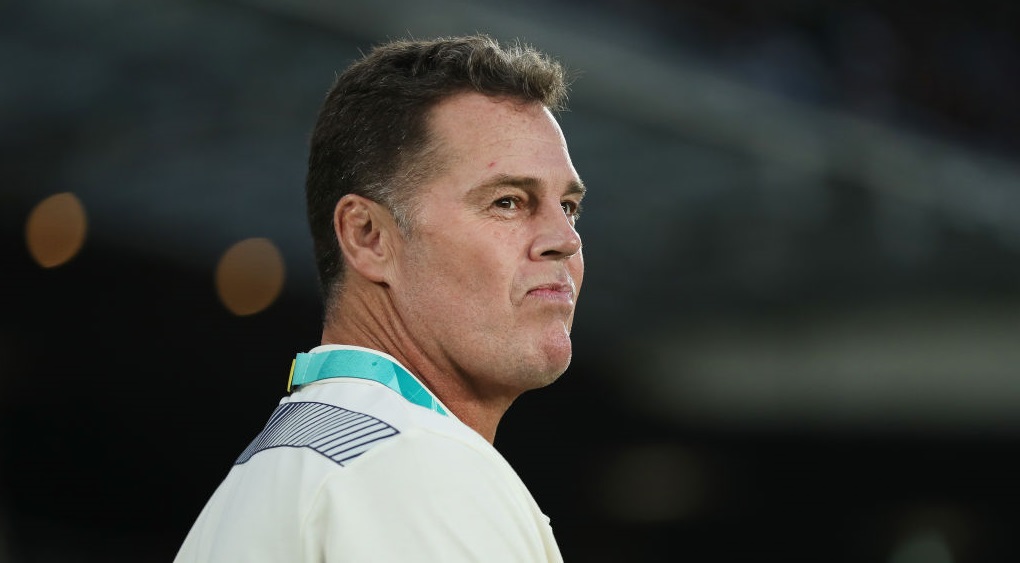'Before he came, I don't think the Boks had addressed some of the stuff we struggled with'

World Cup-winning loosehead Tendai Mtawarira has lauded Springboks director of rugby Rassie Erasmus, giving an insight into a man who refuses to accept the status quo.
Speaking on the Rugby World Cup 2023 Official Podcast in Paris, the former Bok prop heaped praise on his former coach, hailing him as a trailblazer who never hesitates to challenge the norms in rugby. Mtawarira’s remarks shed light on the unique coaching style and leadership qualities of Erasmus, which have made a significant impact on the sport.
Reflecting on his time under Erasmus’s tutelage, Mtawarira remarked: “He likes to go against the grain a little bit.”
The former Springbok player was quick to acknowledge Erasmus’s impressive achievements, emphasizing the respect he has for the coach. However, he also acknowledged that Erasmus’s tendency to express his opinions vehemently in the media was unexpected to some, saying, “Yes, I know he got his rants in the media. Sometimes he does things you wouldn’t expect of him, but he’s that kind of guy. He likes to shake the tree a bit.”
At the core of Erasmus’s personality is an unwillingness to accept the status quo.
“He’s the type of guy who doesn’t accept things as they are. If there’s something wrong and he doesn’t agree with it, he’s going to speak up.”
This refusal to accept mediocrity has been pivotal in driving positive change within the Springbok team.
Mtawarira also recognized the transformative impact Erasmus had on the team’s culture. Before the coach’s arrival, the Springboks struggled to address certain cultural issues. Mtawarira explained, “Before he came, I don’t think the Springboks had addressed some of the stuff that we used to struggle with, with our culture. We didn’t really embrace the diversity and landscape of South Africa. He’s very good at speaking about the elephant in the room.
“He does that in the media. He addresses stuff with the referees. It might make a few people uncomfortable, but I think in the end, the end goal is achieved.”
In the aftermath of the pool stage loss to New Zealand in the 2019 World Cup in Japan, the then head coach’s impact was key.
“The changing room was quiet. We made little errors which cost us the game in the end.
“The players literally had doubt on their faces. I had doubt on my face. We’d been concentrating for two years on his specific game.
“There was one man in that changing room that was positive. It was Rassie. He straight up said. ‘I promise you. I’ll show you the footage. We didn’t play badly. We just made a few errors. We can fix them and go on and win the World Cup’.
“I believed him. It took a little bit of time.’












































Even as a player he spoke up. He made it clear when he disagreed, which of course didn't sit well with some coaches. He did in depth video analysis of the opposition while he was playing. That was years ago before it was the norm. He has always thought outside the box. In many ways he has changed rugby world wide. Like him or hate him.
Agree he's been a catalyst for the boks he has brought in a new era of boks and set a powerful foundation for the future